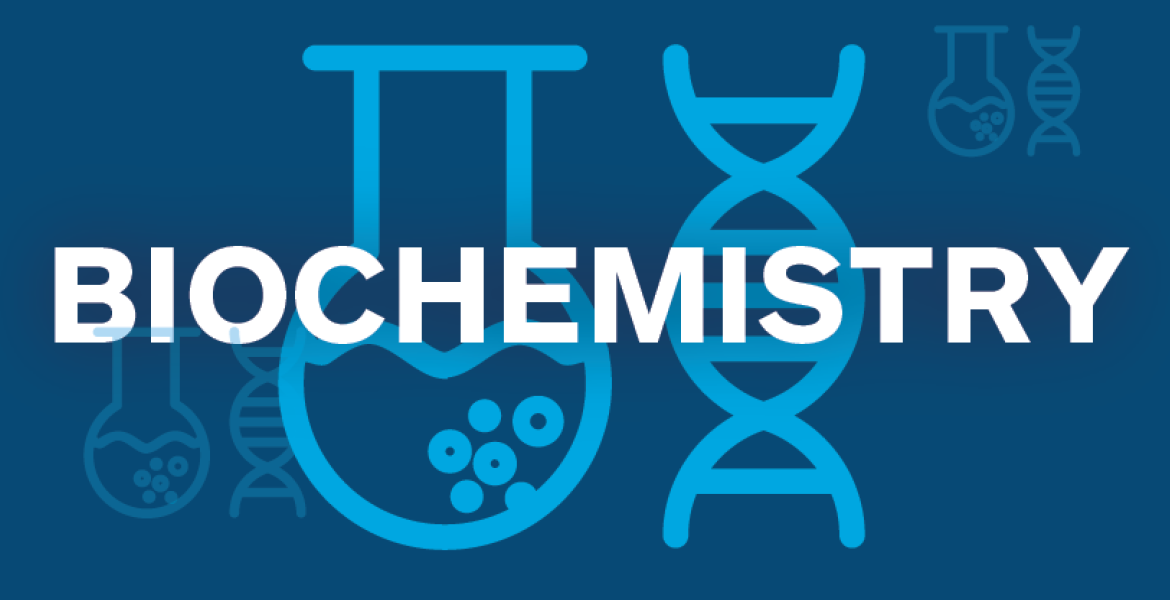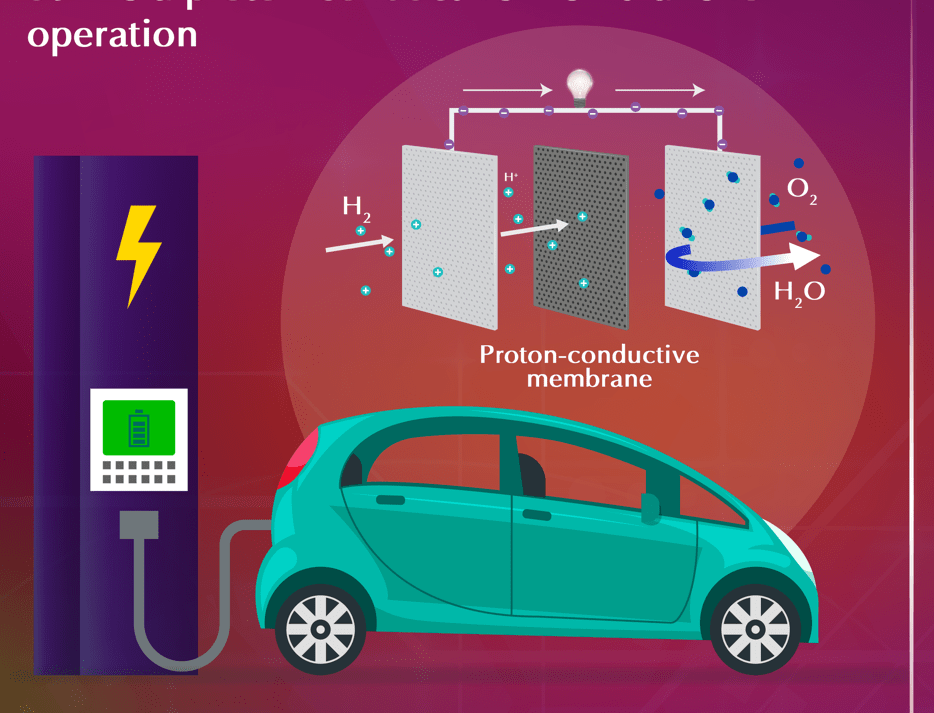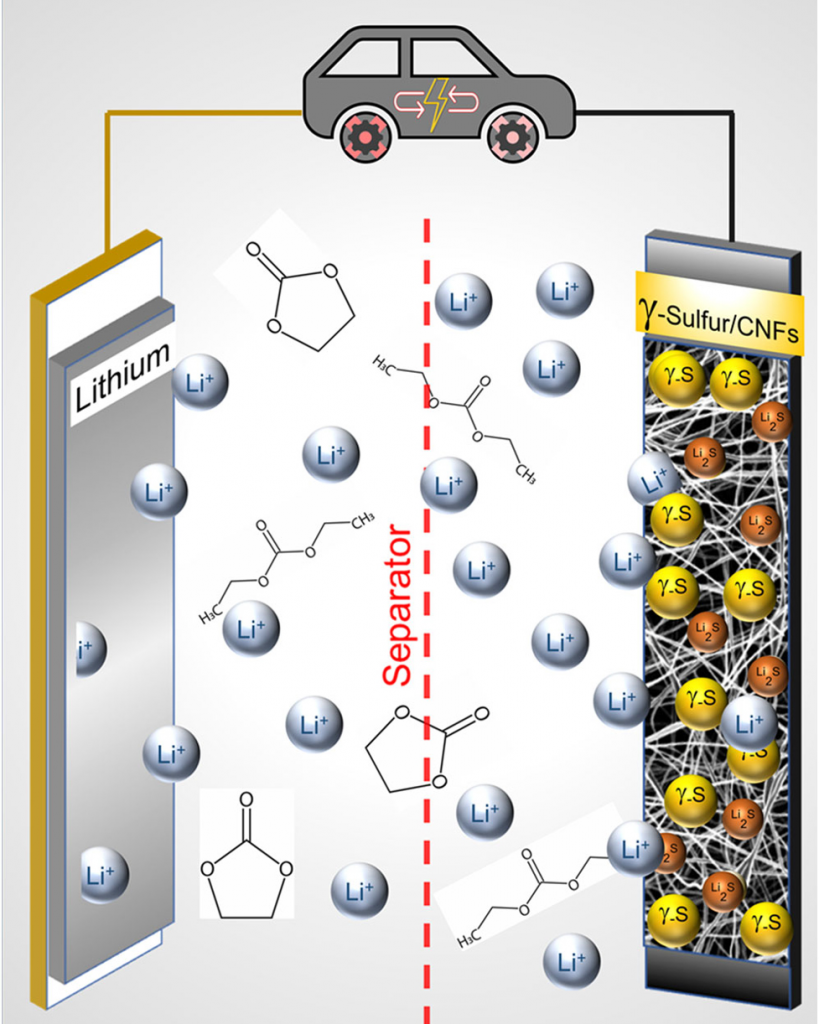Biochemistry represents a vibrant intersection where the principles of chemistry and biology converge to unveil the mysteries of life at the molecular and cellular levels. This dynamic discipline delves into the structures, functions, and interactions of biomolecules, shedding light on the intricate processes that sustain life and offering insights into the molecular basis of health and disease.
1. The Essence of Biochemistry:
Biochemistry is the study of the chemical substances and vital processes occurring within living organisms. It bridges the biological and chemical sciences, investigating how the unique properties of chemical compounds give rise to the complexity and diversity of life.
2. Building Blocks of Life:
At the heart of biochemistry are the fundamental building blocks of life: proteins, nucleic acids (DNA and RNA), lipids, and carbohydrates. These biomolecules perform a myriad of functions, from providing structural support and energy storage to mediating cellular communication and genetic inheritance.
3. Enzymology and Metabolism:
Enzymology, a core area of biochemistry, focuses on the study of enzymes, the biological catalysts that accelerate chemical reactions within cells. Understanding enzymes is crucial to deciphering metabolism – the network of chemical reactions that convert nutrients into energy and molecular building blocks.
4. The Central Dogma of Molecular Biology:
The Central Dogma of Molecular Biology outlines the flow of genetic information within a cell, from DNA to RNA to protein. This fundamental process underpins cellular function, allowing the genetic code to direct protein synthesis and shape the phenotype of an organism.
5. Cellular Signaling and Communication:
Biochemistry unravels the mechanisms of cellular signaling and communication. It explores how cells perceive and respond to their environment through a cascade of molecular interactions, enabling them to adapt, grow, divide, and communicate with one another.
6. Technological Advancements in Biochemistry:
The field of biochemistry has been propelled by significant technological advancements. Techniques such as X-ray crystallography, nuclear magnetic resonance (NMR) spectroscopy, and cryo-electron microscopy have allowed scientists to visualize biomolecules in unprecedented detail.
7. Applications in Medicine and Biotechnology:
Biochemistry holds vast potential for applications in medicine and biotechnology. Insights into the molecular basis of diseases have paved the way for targeted therapies and personalized medicine, while biotechnological innovations harness the power of biochemistry for drug development, agriculture, and environmental science.
8. Ethical Considerations and Responsible Research:
As with any scientific discipline, biochemistry entails ethical considerations. Responsible conduct of research, considerations for human and animal welfare, and the implications of genetic and biotechnological interventions are central to the ethical practice of biochemistry.
9. The Future of Biochemistry:
Looking ahead, biochemistry is poised to explore new frontiers. Emerging fields such as synthetic biology and systems biology seek to design and understand biological systems in a holistic manner, offering novel approaches to tackle global challenges in health, energy, and the environment.
10. Conclusion:
Biochemistry stands at the crossroads of chemistry and biology, providing a molecular lens through which to explore the complexities of life. By unraveling the dance of molecules within living organisms, biochemistry continues to expand our understanding of the living world and catalyze innovations that enhance the well-being of humanity and the planet.
Tags:
#Biochemistry #MolecularBiology #Enzymology #Metabolism #CellularProcesses #Proteins #DNA #RNA #Lipids #Carbohydrates











